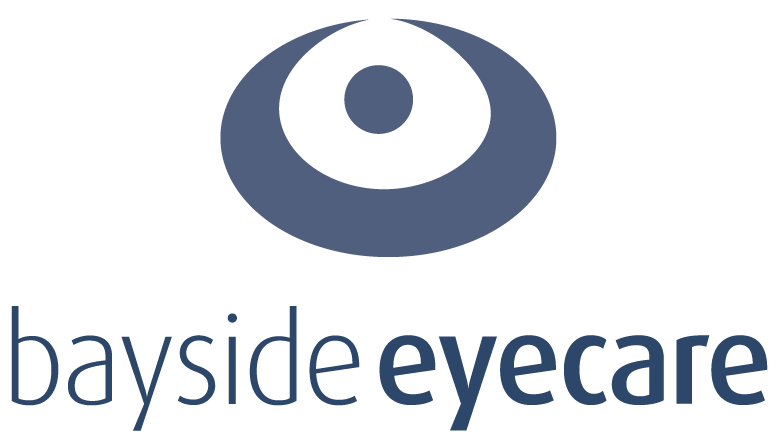Aren’t you just checking how well I can see?
What’s involved in a routine adult eye examination
When you present to our practice for a comprehensive eye examination our optometrist will take a detailed history so they can tailor the examination to meet your needs. This may include question regarding your presenting eye problems, a general medical history and a family history concerning eye diseases. Many eye conditions and eye diseases occur alongside general health issues such as diabetes and high blood pressure. In addition, some eye diseases such as glaucoma can run in families and so it is useful for us to know if you have a family history.
A comprehensive eye examination with an adult involves more than just the assessment of distance and near vision. In addition to checking sight we will also conduct a thorough assessment of the front of the eye; cornea, eyelids, lashes, tear film and lens with a slit lamp bio-microscope. The practitioner will then examine the posterior or internal eye structures; optic nerve, macula. On occasion we may need to use drops to dilate your pupils in order to assess these posterior structures. We will always check that it is convenient to have your pupils dilated before we instill the drops as they may make driving challenging for 30-60 minutes.
Depending on your age, general health, family eye health and presenting eye problem we may conduct additional tests such as a glaucoma assessment, dry eye work up, retinal images, visual field test or contact lens fitting. Some of these tests incur additional visits and additional charges. The practitioner will be able to discuss these in more detail if they are relevant in your situation.
At the conclusion of the eye examination, the optometrist will discuss the results of the assessment with you and run through treatment options for your condition.
Our adult eye examinations can take up to 45 minutes as they are quite thorough. If you are selecting optical frames or prescription sunglasses we recommend setting aside an additional 15-30 minutes with our optical dispensers. They will help you select the right frame and spectacle lens design to meet your occupational needs
What to bring to your exam
- Medicare card
- Health fund card (if you have optical extras)
- Eftpos card so we can process your medicare rebate on the spot
- Previous spectacles and/or detail of current contact lenses
- List of medications you are currently taking

 (03) 9596 1238
(03) 9596 1238


